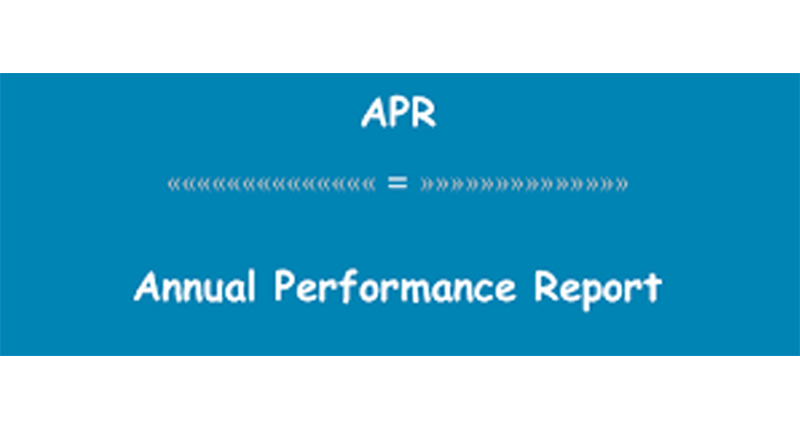The General Administration Department of the Union Territory of Jammu and Kashmir has expressed serious concern over the deviation from instructions regarding the recording of Annual Performance Reports (APRs) on the Smart Performance Appraisal Report Recording Online Window (SPARROW). Despite repeated directions and detailed instructions issued on March 28, 2023, several Gazetted Officers are still processing their APRs offline, which undermines the purpose of the guidelines and the electronic SPARROW window.
The implementation of online APRs brings several benefits compared to the traditional manual mode. Online APR systems provide authorised users with ready access to the reports. Officers and authorities can retrieve and review APRs conveniently from anywhere, as long as they have internet access. This eliminates the need for physical files and enables quick and efficient retrieval of information. This method significantly reduces paperwork by eliminating the need for manual documentation, printing, and physical filing. This not only saves time and resources but also minimises storage requirements, as digital records can be stored electronically without the need for physical space. The online APR system promotes transparency by ensuring that the APRs are accessible to authorised stakeholders. This allows for greater visibility into the performance evaluation process and reduces the likelihood of manipulation or tampering with records. With an online system, it becomes easier to monitor the progress and status of APRs. Authorities can track the submission, review and acceptance stages, ensuring that the appraisal process is completed within the specified timelines. It enables better monitoring of the performance evaluation workflow and helps identify bottlenecks or delays. Online APR systems facilitate the timely completion of performance appraisals. By providing clear timelines and automated forwarding of reports, the system ensures that the appraisal process progresses smoothly and promptly. It eliminates the need for manual data entry, reduces errors and standardises the process across different departments. This leads to increased efficiency and productivity in managing and processing APRs. It can generate reports and analytics based on the data collected during the performance appraisal process. This allows for data-driven insights into the overall performance of individuals, teams, or departments. Decision-makers can leverage this information to identify trends, strengths, weaknesses and areas for improvement.
Despite the numerous benefits offered to employees by filing APRs online, a considerable number of employees are still not utilising the online system, necessitating a thorough analysis to identify potential reasons. Not all officials may be comfortable or proficient with using technology or online platforms. They may face difficulties navigating the online APR system, understanding the interface, or submitting reports electronically. A lack of technical support or assistance can exacerbate these challenges. Change can be met with resistance, particularly if officials are accustomed to traditional manual processes. Some officials may be reluctant to transition to the online APR system due to concerns about the unfamiliarity of the technology, potential errors, or a perceived loss of control over the process. In some cases, officials may simply resist change due to bureaucratic inertia or a preference for traditional methods. They may be accustomed to the established offline processes and may not see the value or urgency of adopting the online system. If there are no strict consequences or accountability measures in place for officials who do not comply with the online APR filing requirement, some individuals may choose to disregard the directives. Without proper enforcement, there may be little motivation for officials to change their behaviour.
Despite the reasons that officials may have for not filing online APRs, the administration has provided ample reminders and sufficient time for the transition. At this point, all defaulting officers must comply with the new system to facilitate a streamlined and efficient process for evaluating and managing the performance of Government officials. The system has to be uniform and cannot be further delayed due to few officers. It is necessary to take a firm stance and enforce the adoption of the online system.


